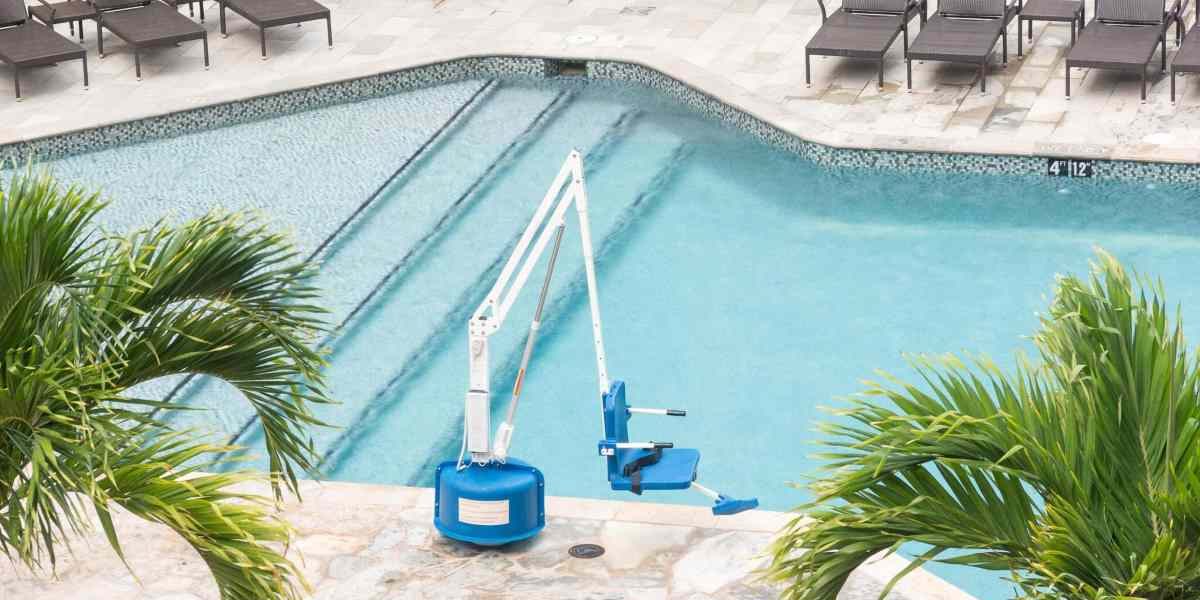Heating Returns: Strategies for Financial Success in the Pool Heaters Business
As the demand for swimming pools continues to rise, so does the need for efficient pool heating solutions. Pool heaters play a crucial role in extending the swimming season and enhancing overall comfort.
For entrepreneurs and business owners looking to capitalize on this growing market, understanding the key strategies for financial success in the pool heaters business is essential. In this comprehensive guide, we explore various tactics, from product selection to marketing techniques, to help you maximize returns and thrive in the competitive pool heaters industry.
Understanding the Pool Heaters Market
This includes analyzing current trends, identifying target demographics, and evaluating the competitive landscape.
1. Market Trends and Demand Drivers
The demand for pool heaters is influenced by several factors, including climate conditions, economic trends, and lifestyle preferences.

- Climate Conditions: Regions with colder climates have a consistent demand for pool heaters year-round.
- Economic Trends: Economic factors such as disposable income and housing market trends can influence the demand for pool heaters.
- Lifestyle Preferences: The increasing popularity of outdoor living spaces and the desire for year-round swimming contribute to the demand for pool heaters.
- Technological Advancements: Innovations in Polar pool heaters technology, such as energy-efficient models or smart controls.
2. Target Demographics and Customer Segmentation
Understanding your target demographics is essential for effective marketing and product development.
- Homeowners: Residential customers looking to extend their swimming season or maintain a comfortable pool temperature.
- Hospitality Industry: Hotels, resorts, and vacation rentals seeking to provide a comfortable swimming experience for guests.
- Commercial Facilities: Fitness centers, aquatic centers, and community pools requiring reliable heating solutions for their patrons.
- Psychographic Segmentation: Understanding customers’ lifestyle preferences, such as their desire for convenience, energy efficiency, or luxury features.
3. Competitive Landscape and Market Positioning
Analyzing competitors is crucial for identifying gaps in the market and differentiating your offerings.
- Product Quality: Assess the quality and performance of competitors’ pool heaters, including factors such as heating capacity, durability, and energy efficiency.
- Pricing Strategies: Analyze competitors’ pricing strategies to ensure your offerings are competitively priced while maintaining profitability.
- Customer Service: Evaluate competitors’ customer service practices, including response times, warranty coverage, and technical support.
- Brand Reputation: Consider the reputation and brand recognition of key players in the pool heaters market, as well as customer reviews and ratings.
Strategies for Financial Success
Armed with a solid understanding of the pool heaters market, it’s time to explore actionable strategies for achieving financial success in the industry. From product selection and pricing to distribution and marketing, every aspect of your business plays a role in driving profitability and growth.

1. Diversified Product Portfolio
Offering a diverse range of pool heaters allows you to cater to the varying needs and preferences of your target customers. Consider stocking a mix of electric heaters, gas heaters, heat pumps, and solar heaters to provide options for different budget levels, climate conditions, and installation requirements. Explore opportunities to upsell complementary products to enhance the value proposition for customers.
2. Strategic Pricing and Margins
Pricing plays a significant role in determining your competitiveness and profitability in the pool heaters market. Conduct thorough pricing analysis to ensure that your pricing strategy is aligned with market dynamics, customer expectations, and business objectives. Consider factors such as product costs, competitor pricing, perceived value, and seasonal demand fluctuations when setting prices. Aim for a balance between affordability and profitability, and be prepared to adjust pricing strategies as needed to remain competitive and maximize margins.
3. Efficient Supply Chain Management
Efficient supply chain management is essential for minimizing costs, optimizing inventory levels, and ensuring timely product delivery. Establish strong relationships with reliable suppliers and manufacturers to secure favorable pricing, terms, and lead times.
Implement inventory management systems to track stock levels, forecast demand, and prevent stockouts or overstock situations. Explore opportunities for streamlining logistics and distribution processes to reduce transportation costs and improve order fulfillment efficiency.
4. Targeted Marketing and Promotion
Effective marketing and promotion are critical for raising awareness, generating leads, and driving sales in the pool heaters business. Develop targeted marketing campaigns that resonate with your target audience’s needs, preferences, and pain points.
Utilize a mix of online and offline channels, including social media, email marketing, content marketing, and trade shows, to reach potential customers and build brand visibility. Offer promotions, discounts, and incentives to incentivize purchase decisions and encourage repeat business.
5. Exceptional Customer Service
Providing exceptional customer service is key to building long-term relationships and fostering customer loyalty in the pool heaters business. Invest in training and development programs to equip your staff with the knowledge and skills to deliver superior service at every touchpoint. Be responsive to customer inquiries, feedback, and concerns, and strive to resolve issues promptly and satisfactorily.
By prioritizing customer satisfaction and building a reputation for reliability and trustworthiness, you can differentiate your business and drive repeat business

Conclusion
Achieving financial success in the pool heaters business requires a strategic and multifaceted approach. By understanding the nuances of the market, diversifying your product portfolio, implementing effective pricing and distribution strategies, and delivering exceptional customer service, you can position your business for long-term growth and profitability.
Keep abreast of market trends, technological advancements, and customer preferences to stay ahead of the competition and capitalize on emerging opportunities. With the right strategies and a commitment to excellence, you can heat up returns and make a splash in the lucrative pool heaters industry.






